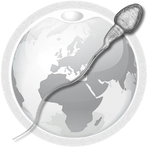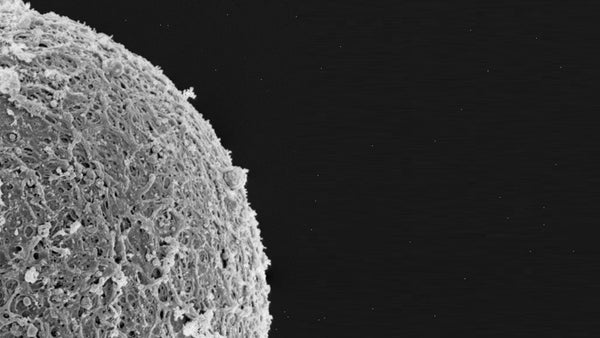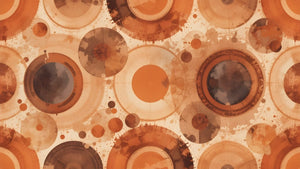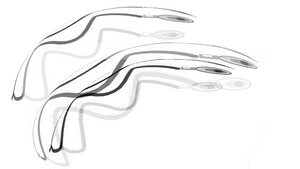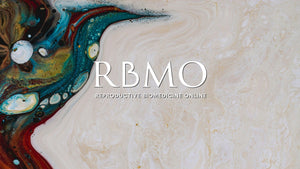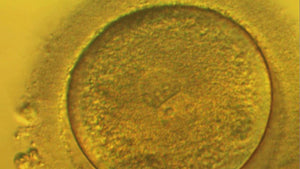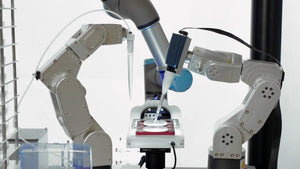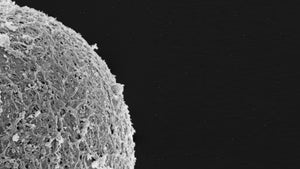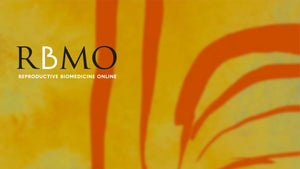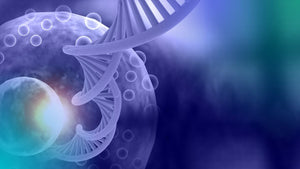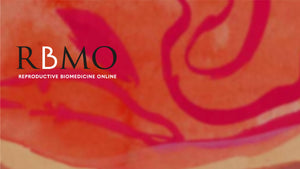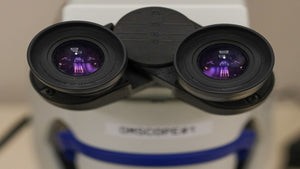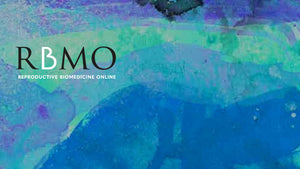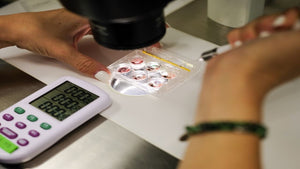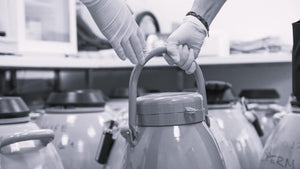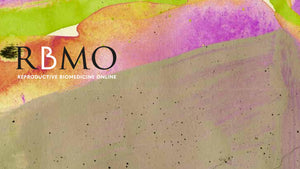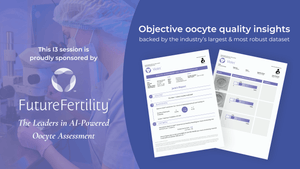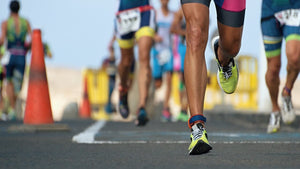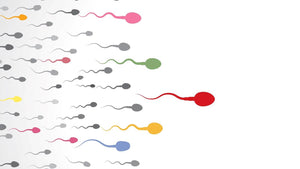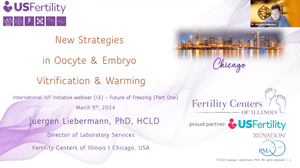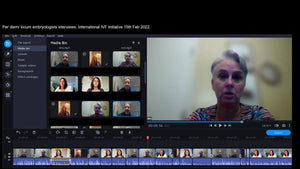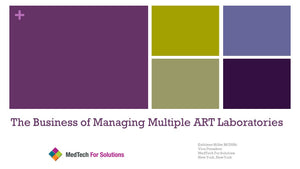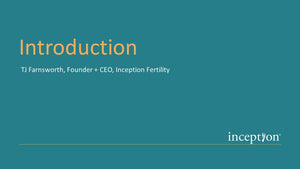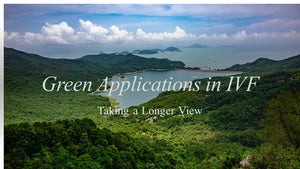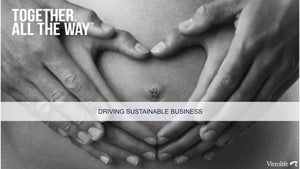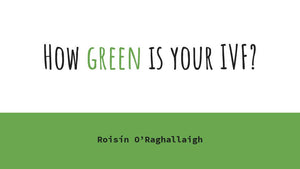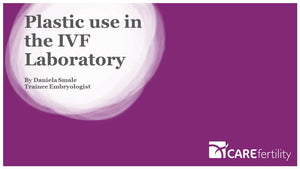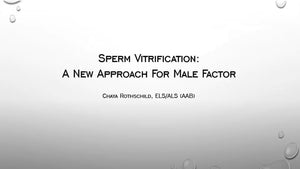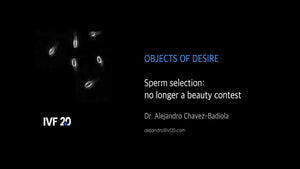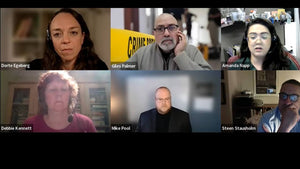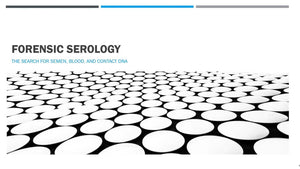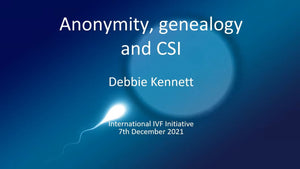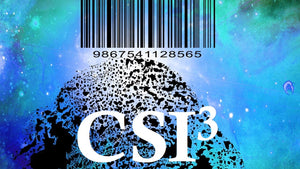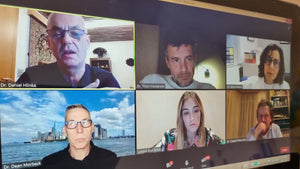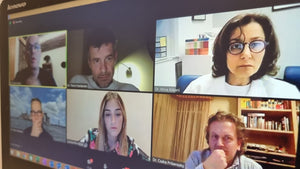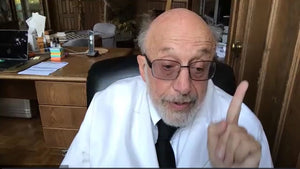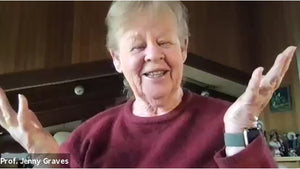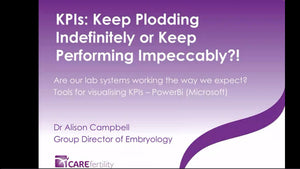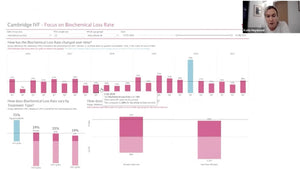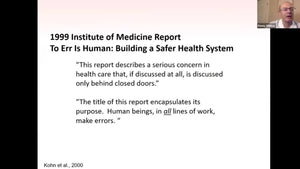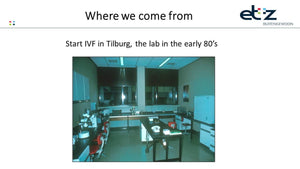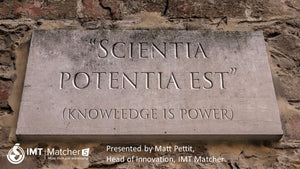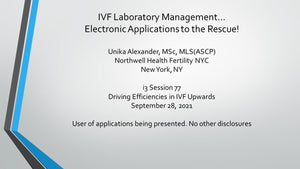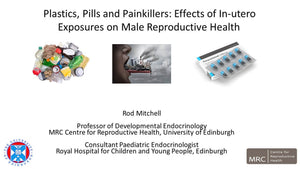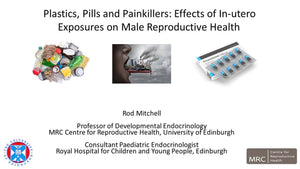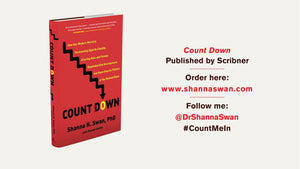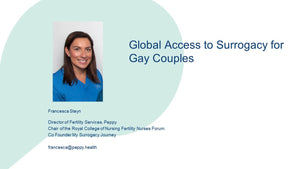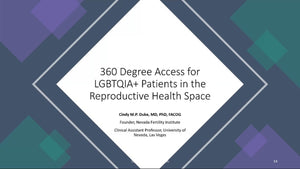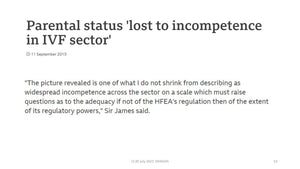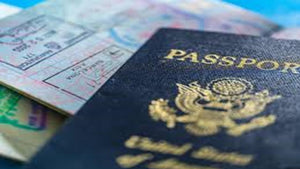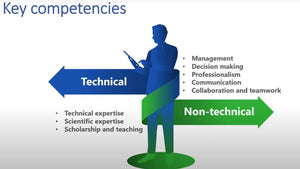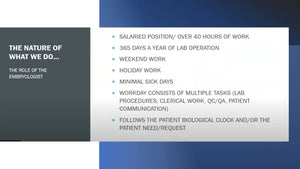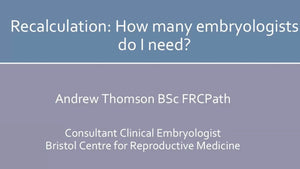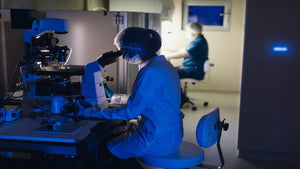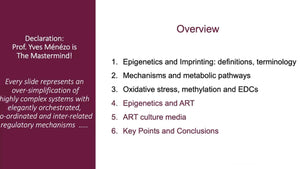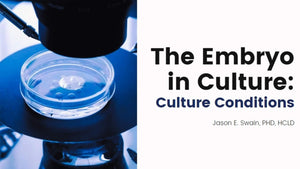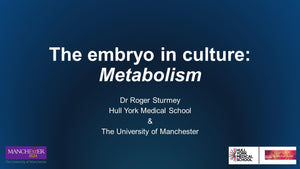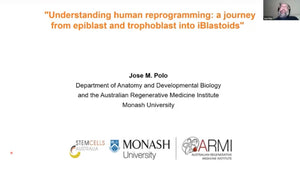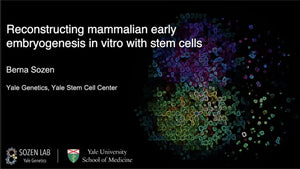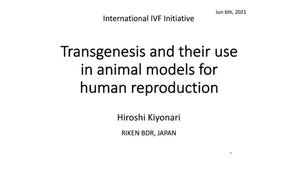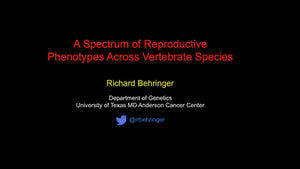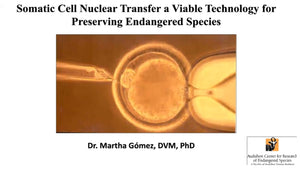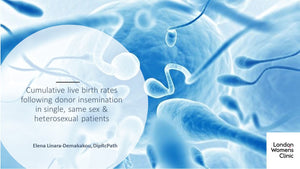Session 151: RBM in Space

Donate
At the International IVF Initiative, we are committed to providing free access to our educational sessions, webinars, and resources for professionals and individuals passionate about advancing reproductive medicine. We believe that cost should never be a barrier to knowledge and collaboration. By contributing, you’re ensuring that valuable educational resources, expert insights, and collaborative opportunities remain open to all without financial barriers. Together, we can continue to foster a global community dedicated to innovation and excellence in the field of IVF.
Your Donation
Thank you!
Session 151: Reproductive BioMedicine in Space III
Tuesday 13 May, 3pm EST / 8pm UK / 9pm CET
Moderators:
Prof. Virginia Wotring
Dr. Fathi Karouia
Dr. Christopher E Mason
Giles Palmer
Panelist: Dr. Blair T Stocks
Presenters:
Dr. Begum Mathyk: Female reproductive health in space
Dr. Jeffrey Jones: male reproductive system impacted by
space.
Dr. Paul Root Wolpe on Ethical considerations
associated with spaceflight.
Q and A
Synopsis
Session 151: Reproductive BioMedicine in Space III offered a deep and wide-ranging exploration of how human reproduction may be affected by life beyond Earth. As our ambitions turn toward Mars and commercial spaceflight becomes a reality, understanding how space environments influence reproductive health is becoming increasingly urgent. This session gathered leading voices in reproductive science, space medicine, urology, genomics, and ethics to examine both the opportunities and challenges of conceiving, maintaining fertility, and safeguarding reproductive health in space.
Moderated by leading experts in an international panel—Prof. Virginia Wotring, Dr. Fathi Karouia, Dr. Christopher Mason, and Giles Palmer—the session set the stage for a nuanced and interdisciplinary discussion. The moderators brought a wealth of experience, ranging from NASA-led translational research and global academic leadership to cutting-edge genomics and decades of clinical embryology. Together, they guided the conversation through scientific, ethical, and practical dimensions of this rapidly evolving field.
A key voice in the session was Dr. Begum Mathyk, a NASA-trained physician and ObGyn specializing in reproductive endocrinology and space medicine. Currently completing a fellowship at the University of South Florida, Dr. Mathyk has held academic positions in both Türkiye and the U.S. and serves as Associate Co-Chair of SREI. She made history by performing the first gynecologic ultrasound in weightlessness and plays an active role in international space health initiatives. Her talk provided valuable insights into how space environments could impact female reproductive health, highlighting both the gaps in knowledge and the need for innovation in women’s health research, both on Earth and in orbit.
Dr. Jeffrey A. Jones, Professor at Baylor College of Medicine and former NASA Flight Surgeon, together with Dr. Blair T. Stocks, Assistant Professor in Male Reproductive Medicine at Baylor, presented findings on the male reproductive system in space. They explored the effects of microgravity and radiation on male fertility, offering a blend of laboratory research and clinical implications relevant to future space missions.
Dr. Fathi Karouia, a senior research scientist with over two decades of experience in microgravity-based research, shared his perspective on biomedical innovation in space, including the logistics and technical challenges of studying reproduction in extraterrestrial environments.
Dr. Christopher Mason, one of the world’s leading experts in genomics and aerospace medicine, discussed how omics data, predictive modeling, and longitudinal astronaut health studies are revealing the long-term effects of space travel on human biology—insights that are vital for developing safe reproductive strategies for future interplanetary missions.
Ethical considerations were brought into focus by Dr. Paul Root Wolpe, former NASA Senior Bioethicist and a globally recognized figure in bioethics. Dr. Wolpe addressed the moral and philosophical implications of human reproduction beyond Earth—from questions of consent and autonomy to the potential societal consequences of assisted reproduction and human enhancement in space environments.
The session concluded with an interactive Q&A, allowing attendees to engage directly with the panel. It became clear that reproductive biomedicine in space is no longer a fringe topic, but a vital area of inquiry with real-world consequences for both future space travel and the advancement of reproductive health on Earth.
By bridging clinical expertise, aerospace science, and ethical foresight, this session underscored the importance of interdisciplinary collaboration in preparing humanity for its next great journey—into the cosmos.
Prof. Virginia Wotring
Virginia Wotring has been using her training in biochemistry and PhD in physiology & pharmacology (Saint Louis University, USA) to study the actions of medications used during spaceflight missions.
She is Chief Academic Officer and Professor at the International Space University in Strasbourg France. She had held management positions such as Deputy Director and Chief Scientist of the NASA-funded Translational Research Institute for Space Health, however she prefers doing science to managing it. So Virginia Wotring studies effects of the spaceflight environment on physiology, especially those that may change how medications work.
Dr. Fathi Karouia
Dr. Fathi Karouia is a seasoned leader in space life sciences with over 20 years of experience advancing biomedical research in space. He has led more than 35 successful experiments aboard the International Space Station (ISS), exploring how microgravity and spaceflight affect biological systems. His research focuses on human health, systems biology, and the development of innovative countermeasures for long-duration missions. As the In-Space Commercialization Lead at BioServe Space Technologies, Dr. Karouia pioneers strategies to leverage microgravity for biomanufacturing applications, including the expansion of hematopoietic stem cells to treat blood cancer patients on Earth. He actively supports startup ventures, drives commercialization pathways, and contributes to the new Low Earth Orbit (LEO) economy. With a multidisciplinary academic background and deep involvement in international space initiatives, he is dedicated to translating space-based science into tangible solutions that benefit humanity. Dr. Karouia also serves as a mentor, speaker, and advocate for diversity in space research.
Dr. Fathi Karouia is a seasoned leader in space life sciences with over 20 years of experience advancing biomedical research in space. He has led more than 35 successful experiments aboard the International Space Station (ISS), exploring how microgravity and spaceflight affect biological systems. His research focuses on human health, systems biology, and the development of innovative countermeasures for long-duration missions. As the In-Space Commercialization Lead at BioServe Space Technologies, Dr. Karouia pioneers strategies to leverage microgravity for biomanufacturing applications, including the expansion of hematopoietic stem cells to treat blood cancer patients on Earth. He actively supports startup ventures, drives commercialization pathways, and contributes to the new Low Earth Orbit (LEO) economy. With a multidisciplinary academic background and deep involvement in international space initiatives, he is dedicated to translating space-based science into tangible solutions that benefit humanity. Dr. Karouia also serves as a mentor, speaker, and advocate for diversity in space research.
.
Dr. Christopher E Mason
Dr. Mason is the WorldQuant Professor of Genomics and Computational Biomedicine at Weill Cornell Medicine, where he also directs the Initiative for Quantitative Prediction and the Cornell Aerospace Medicine Biobank. With a background that spans a dual B.S. in Genetics and Biochemistry, a Ph.D. in Genetics from Yale, and a Clinical Genetics Fellowship at Yale Medical School, his career reflects a deep commitment to both scientific innovation and ethical inquiry—he was also Visiting Fellow of Genomics, Ethics, and Law at Yale Law School. Dr. Mason’s, work that has led to over 350 peer-reviewed papers, five patents, diagnostics innovations, and the founding of multiple biotech companies and non-profits. He also holds affiliate positions at the New York Genome Center, Yale Law School, and the Consortium for Space Genetics at Harvard Medical School. Dr. Mason is the founder of the MetaSUB Consortium and the author of The Next 500 Years and The Age of Prediction.
Giles Palmer
Giles is a clinical embryologist, skilled in laboratory, business, and quality management. After graduating in Genetics at Leeds University, UK he worked as a research officer at London's Hammersmith Hospital's acclaimed IVF unit working with Professors Lord Winston and Alan Handyside. In the following years he worked as laboratory manager and clinic director in IVF clinics in Greece while consulting in several countries including Iceland, Nigeria, Albania, Bulgaria, and Romania. His research collaboration with St. Sophia' s Children's Hospital (Athens University) resulted in the first births in Greece following embryo-biopsy and pre-implantation genetic diagnosis and the first ever PGT cycles screening for Beta Thalassemia.
Accomplished author and speaker, he has published in leading scientific journals on a variety of topics including pre-implantation genetic testing for Cystic Fibrosis and B-thalassaemia, Morpho-kinetics, Quality Management and laboratory technology. He is a certified HCPC clinical scientist in the UK and has been accredited with Senior Embryologist Status by ESHRE. More recently, Giles, has become a consultant for IVF clinics (Institute of Life, Athens, Embryorigins, Larnaca and Vitalab in Johannesburg) and product developer in a wide range of areas within the Assisted Reproductive Technologies (ART) industry.
He is an honourary lecturer at Bristol University, the executive director for the non-profit global educational project the International IVF Initiative (I3) which supports the ART community with webinars and lectures and Director of Global Communications for IVF 2.0 Ltd.
After 25 years of living and working in Greece, Giles has developed a deep passion for Hellenism. He serves as a Trustee at the Hellenic Centre, and his two children attend the Greek Language School in Cardiff, where he has lived since 2016. In his free time, Giles enjoys family life with his wife, Eirini, and their 12-year-old twins, Natalia and Philippos. He also dedicates time to perfecting his skills on the Toubeleki.
Dr. Blair T Stocks
Blair T. Stocks, M.D., Ph.D., is an Assistant Professor in the Division of Male Reproductive Medicine and Surgery within the Scott Department of Urology at Baylor College of Medicine. He graduated from the University of Virginia with a Bachelor of Science in Biomedical Engineering. He then attended Vanderbilt University as a trainee in the Medical Scientist Training Program and earned his PhD in cellular immunology and his MD in medicine. He then completed his urology residency training at Baylor College of Medicine followed by fellowship training under Larry Lipshultz, M.D. Blair’s clinical interest is male infertility and men’s health. He welcomes all patients struggling with these issues and enjoys caring for them both in the clinic and operating room. Complementing his clinical practice, Blair runs an active basic science laboratory focused on the mechanisms of male infertility. He has published extensively in these areas and participates in academic colloquia at a national and international level.
Dr. Begum Mathyk
Prof. Dr. Mathyk is an Obstetrician and Gynecologist with a strong clinical and research background in reproductive endocrinology and space biology. After completing ObGyn training in both Türkiye and the United States, she served as faculty in Türkiye and at the University of South Florida (USF). She became an Associate Professor of ObGyn in Türkiye and is currently pursuing a subspecialty fellowship in Reproductive Endocrinology and Infertility (REI) at USF.
Actively engaged in advancing reproductive health, Dr. Mathyk is a member of leading
professional societies including ASRM, ESHRE, and SRI, and currently serves as Associate Co-Chair of SREI. She has published several peer-reviewed articles and serves as a reviewer for scientific journals and conferences. Last year, she was recognized as the runner up for the prestigious Robert G. Edwards Prize Paper Award for Best Paper published in RBMO and Women’s Aerospace Network Award in Medicine and Health.
Dr. Mathyk brings unique expertise in space medicine, having completed a NASA Aerospace Medicine clerkship at Johnson Space Center in Houston and the STAR training program at NASA Ames. She leads the IIAS Space Medicine Women’s Health Group and chairs NASA’s OSDR Female Reproduction Analysis Working Group. She is also a member of the Space Surgery Association and an Associate Partner Lecturer in the SPACEMED Master’s program in Europe.
Recently, Dr. Mathyk conducted the first gynecologic ultrasound during weightlessness and contributed to the Space Omics paper package published in the Nature portfolio. She continues to conduct both translational science and clinical studies focused on astronaut health. With a diverse skill set bridging reproductive health and space medicine, she is committed to interdisciplinary collaboration and driving impactful innovation in women’s health research.
Dr. Paul Root Wolpe
Dr. Paul Root Wolpe, a renowned bioethicist whose work bridges science, medicine, and ethics with a special focus on the ethical frontiers of space exploration. Dr. Wolpe served as NASA’s Senior Bioethicist for 17 years, advising the agency on the ethical implications of space research, human experimentation, and emerging biotechnologies. He is the Raymond F. Schinazi Distinguished Research Chair of Jewish Bioethics and Professor of Medicine, Pediatrics, Psychiatry, Neuroscience, and Sociology at Emory University. A founder of the field of neuroethics, Dr. Wolpe is also a global leader in ethics related to artificial intelligence, human enhancement, and genetics. He led the Emory Center for Ethics for 16 years, co-chaired the APA's ethics commission, and founded the BEINGS summit to shape global bioethical standards. With a TED Talk viewed over 1.5 million times and extensive work in both academia and public discourse, Dr. Wolpe is a trusted voice guiding the future of science — on Earth and beyond.
Dr. Jeffrey Jones
Dr. Jeffrey A. Jones, MD, is a distinguished Professor at Baylor College of Medicine and Executive for Inpatient Services at the Michael E. DeBakey VA Medical Center. With an extensive background in medicine, aerospace, and urology, Dr. Jones has held pivotal roles, including Chief of Urology at MEDVAMC and NASA Flight Surgeon for Shuttle and ISS missions. A Diplomate of the American Boards of Urology and Preventive Medicine, he has contributed significantly to research, education, and clinical advancements, earning numerous accolades such as the HG Stevenson Award and NASA Group Achievement Awards. Dr. Jones is also a prolific author and innovator, holding patents in prostate cancer detection and radiation exposure mitigation. His expertise spans space medicine, urology, and preventive health, making him a leading voice in his field.
